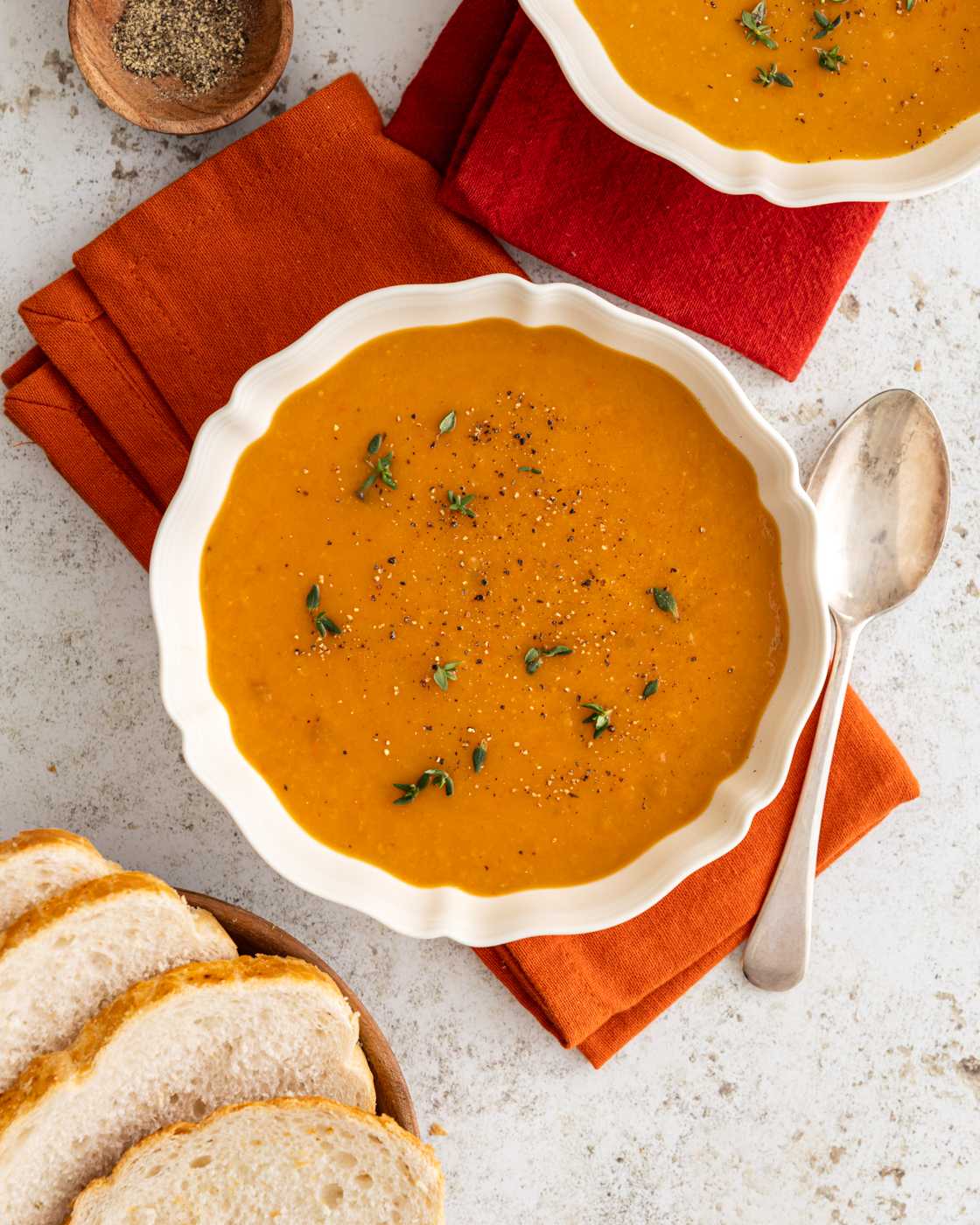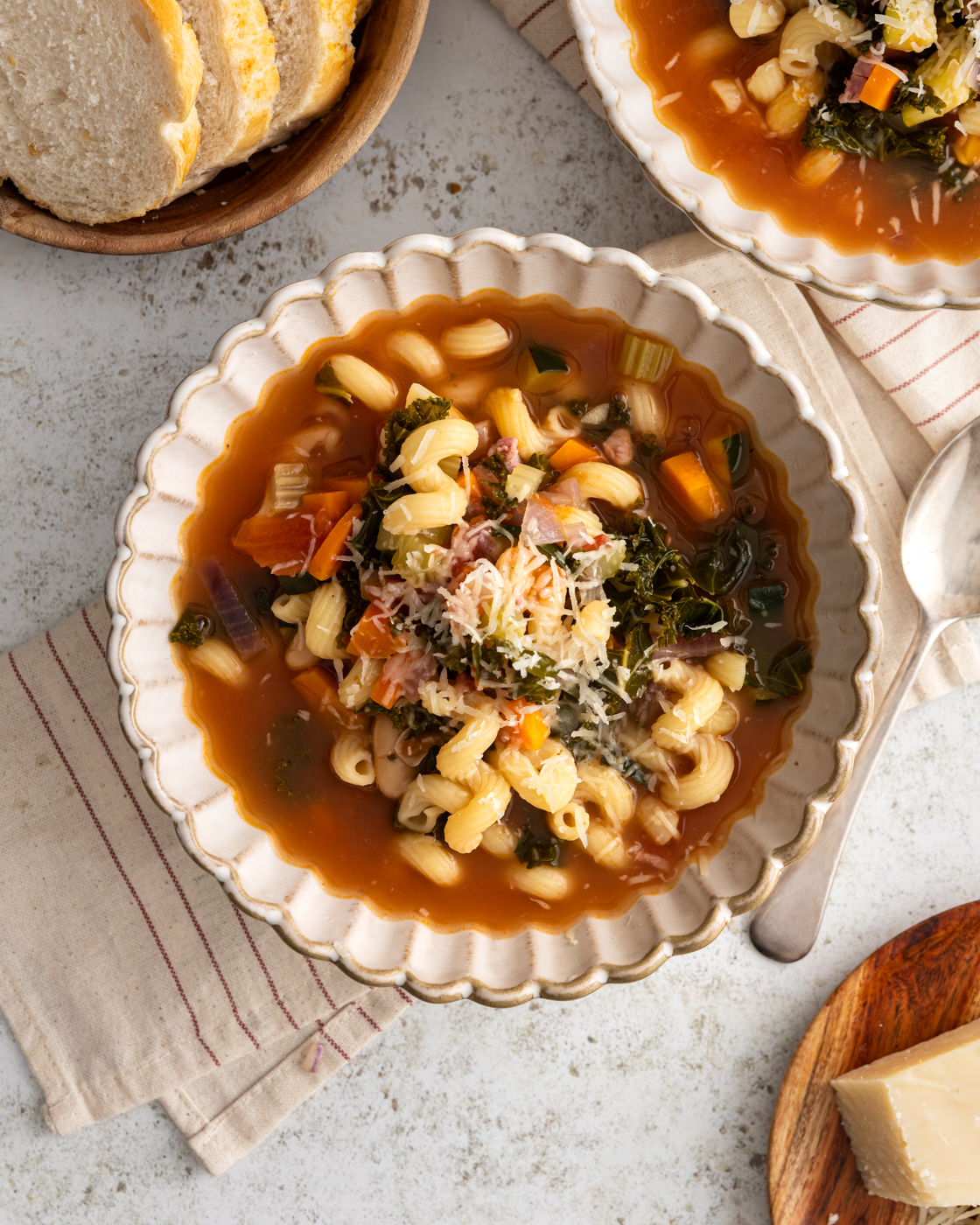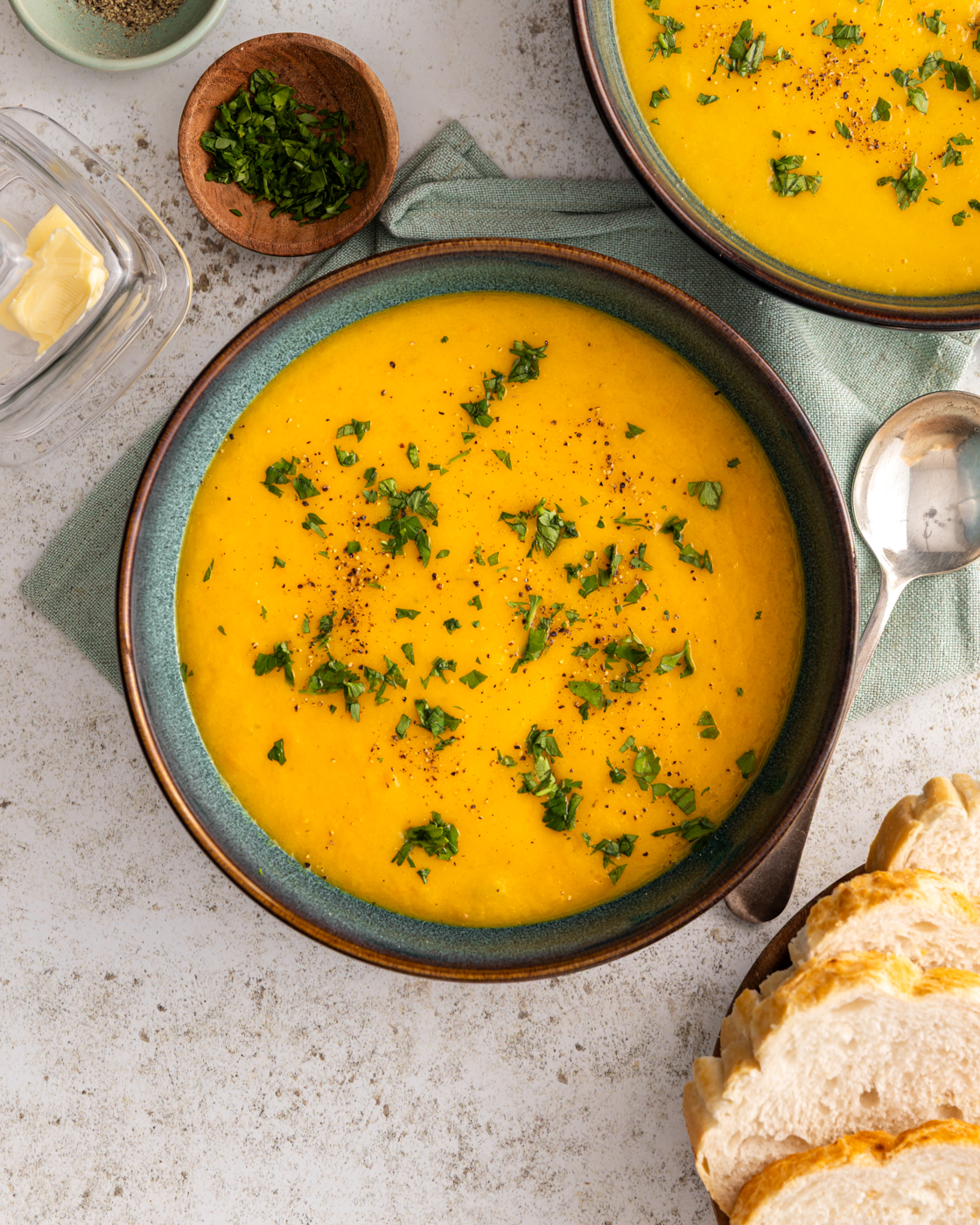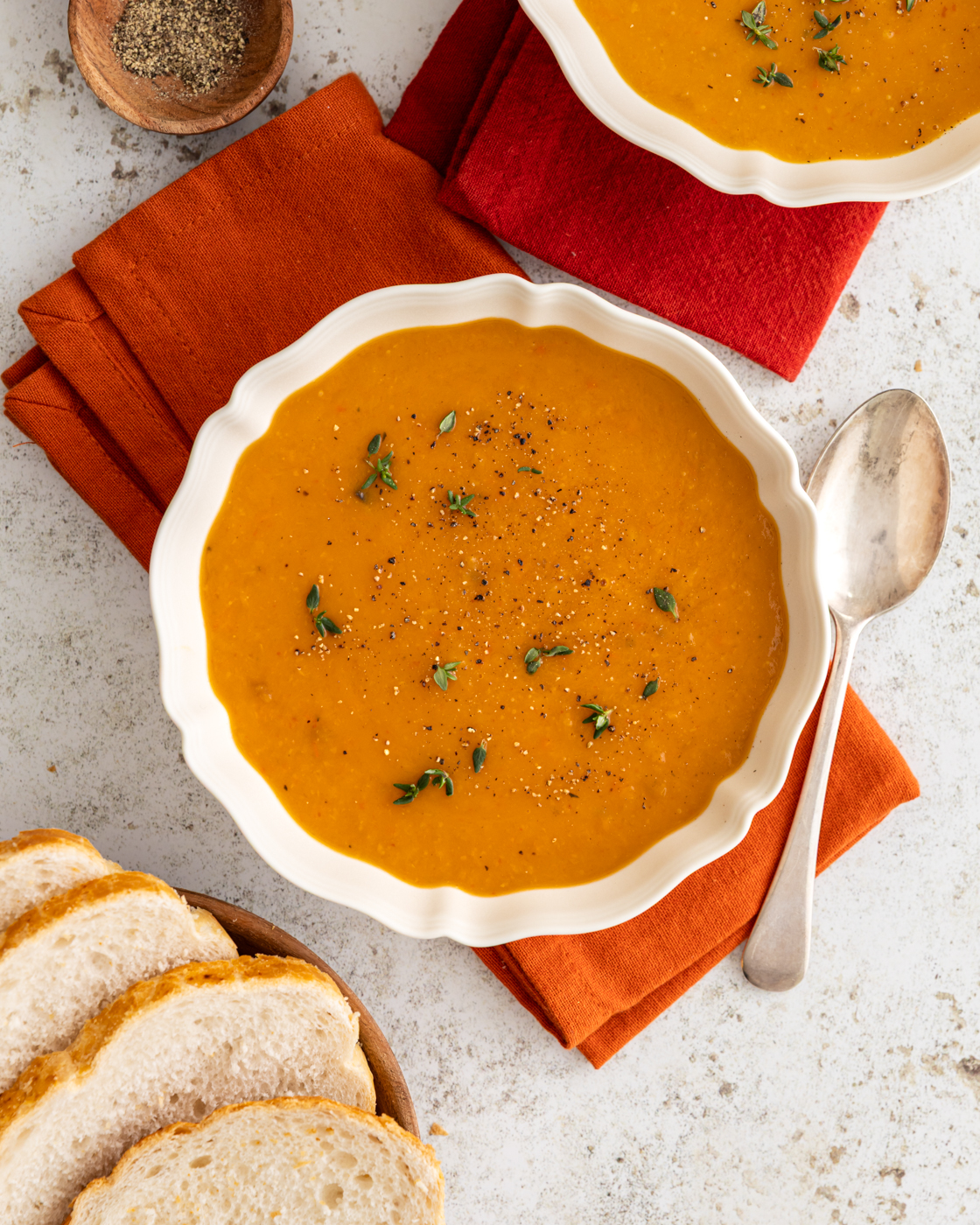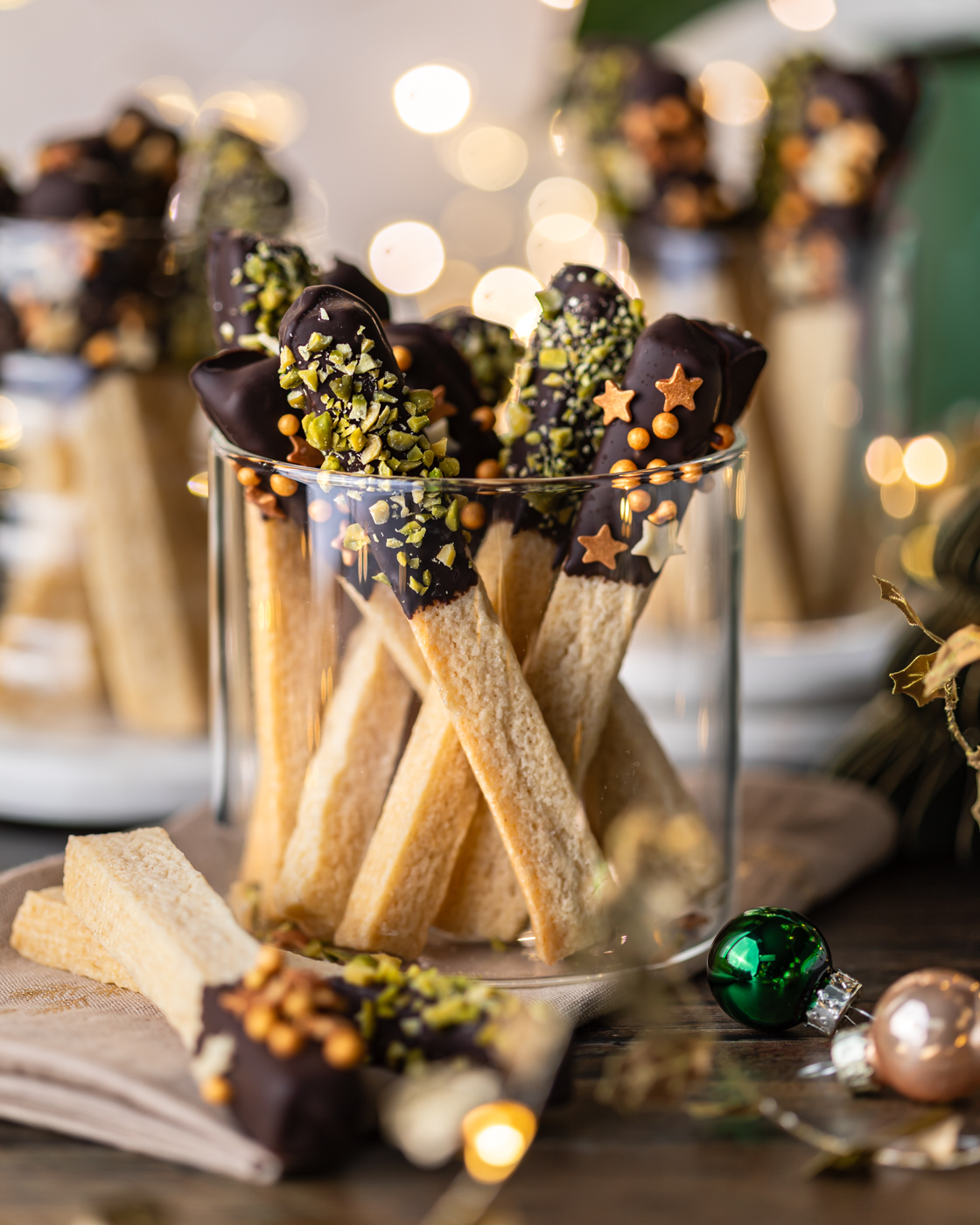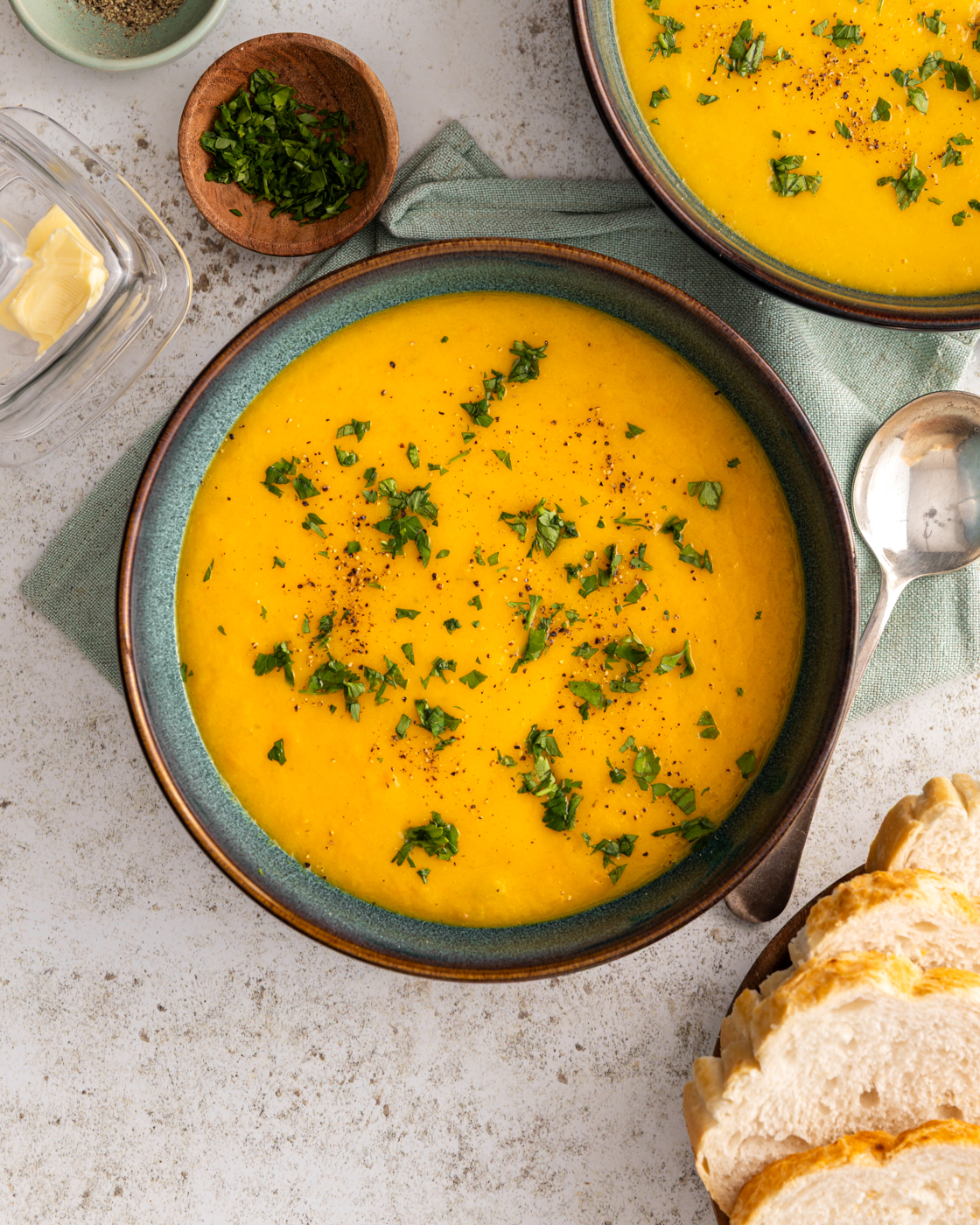

That Lemon Curd. Here are two things you should know about egg yolks that you won’t read on the side of an egg box. Firstly, these little golden treasures contain military amounts of phospholipids called choline and inositol. Phospholipids have several important functions in our bodies, most notably for the proper breakdown of fats in our diet. An egg yolk’s second greatest virtue is its brain-charging abilities. The combination of choline, inositol and top-class protein helps nourish our mental and physical stamina. Other virtues include impressive levels of feel-good tryptophan, cancerfighting selenium and calcium-loving vitamin D. A cracking concoction. From Susan Jane White’s Cookbook: The Virtuous Tart

Introduction
That Lemon Curd. Here are two things you should know about egg yolks that you won’t read on the side of an egg box. Firstly, these little golden treasures contain military amounts of phospholipids called choline and inositol. Phospholipids have several important functions in our bodies, most nota
Ingredients
- 5 egg yolks
- Zest and juice of 1 large or 2 small unwaxed lemons
- 5 tablespoons extra virgin coconut oil
- 5 tablespoons light agave, raw honey or brown rice syrup
Method
- 1. Using a small saucepan on a low setting, gently heat all the ingredients. Make sure you are continuously whisking with a metal balloon beater (that’s the whisky-looking implement usually reserved for beating egg whites).
- 2. When all the coconut oil has melted, keep a watch for little bubbles forming on the surface, telling you the mixture is getting hotter and hotter. By then you should notice the curd getting thicker. Test it by dipping the back of a spoon into it. If the curd coats the spoon, remove it from the heat. If it runs off, keep the curd over the heat until it thickens a little more.
- 3. Pour the lemon curd into pristine-clean jam jars or espresso cups. Serve with a simple spoon and a ravenous appetite.
